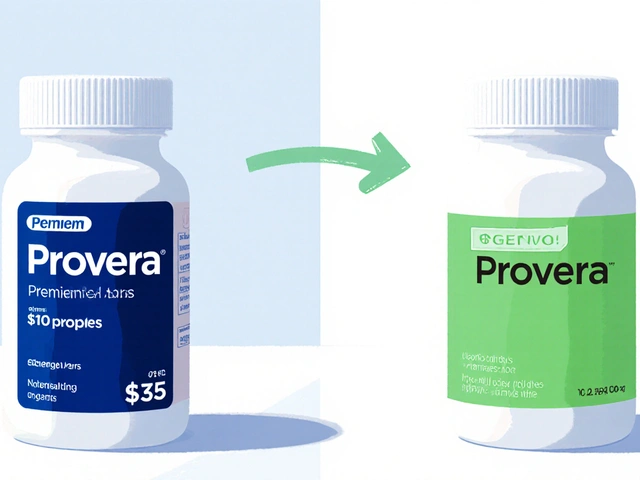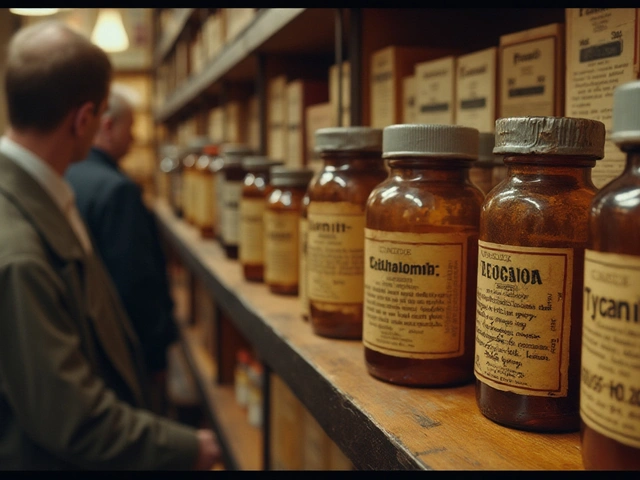Essential Guide for Nursing Mothers: Medication, Health & Safety
Being a nursing mother means you’re constantly balancing your own health with your baby’s well‑being. One wrong pill or supplement can affect milk quality, and you don’t always have time to research every detail. That’s why this guide gives you clear, practical answers you can use right now.
Medication Safety for Breastfeeding
First thing: never start a new prescription without checking if it’s compatible with breastfeeding. Your doctor or a certified pharmacy can tell you if a drug passes into milk and at what level. If you’re buying online, look for pharmacies that require a valid prescription and show a clear safety profile for nursing moms.
Most over‑the‑counter pain relievers like acetaminophen (Tylenol) and ibuprofen (Advil) are considered safe in normal doses. They don’t build up in breast milk and won’t hurt your baby. Antacids, certain antihistamines, and some cough syrups are also generally fine, but always double‑check the label.
There are drugs you should avoid or use with caution. Some antibiotics (for example, tetracycline) can affect bone growth, and certain antidepressants may cause infant sedation. Hormonal medications, including some birth‑control pills, can lower milk supply. If you need a medication that’s on the risky list, ask your doctor about timing the dose right after a feeding to reduce exposure.
Supplements, Vitamins & Common Health Concerns
Supplements can fill nutrition gaps, but not all are safe for nursing. Vitamin D drops, iron tablets, and omega‑3 fish oil are widely recommended and help both you and your baby. Herbal products like ginseng or high‑dose herbal blends often lack safety data, so keep them off the list unless a health professional clears them.
Typical issues nursing moms face include mastitis, low milk output, and dehydration. For mastitis, warm compresses and frequent emptying of the breast usually do the trick; a short course of a safe antibiotic may be needed. If milk feels thin, add extra calories, stay hydrated, and try nursing more often – the body usually adjusts.
Simple lifestyle tweaks can make a big difference. Aim for 8‑10 glasses of water a day, snack on protein‑rich foods like nuts or Greek yogurt, and get enough rest whenever you can. A short walk after feeding can help milk flow and boost mood.
When you’re unsure about any product, the safest move is to talk to your pharmacist. Many online pharmacies have live chat with qualified staff who can confirm if a drug or supplement is nursing‑friendly. Keeping a list of your current meds and sharing it with every new prescriber prevents accidental interactions.
AmericaRx brings together reliable medication info, dosage guides, and safety checklists in one place. Use our resources to verify a drug, compare prices, and read real‑world tips from other nursing mothers. Stay informed, stay safe, and enjoy the bonding moments with your little one.
Clarithromycin & Breastfeeding: Safe Use Guide for Nursing Moms
Learn how clarithromycin affects lactation, what risks exist for nursing infants, and how to use this antibiotic safely while breastfeeding.











